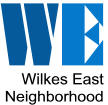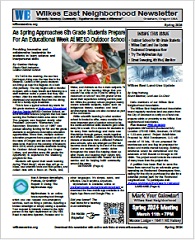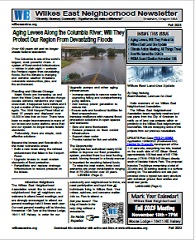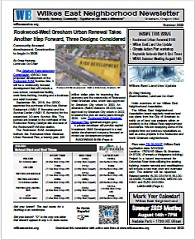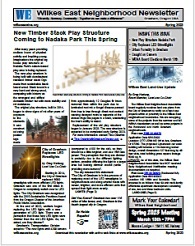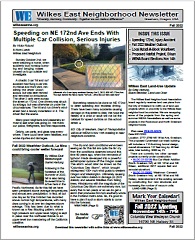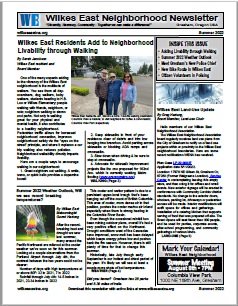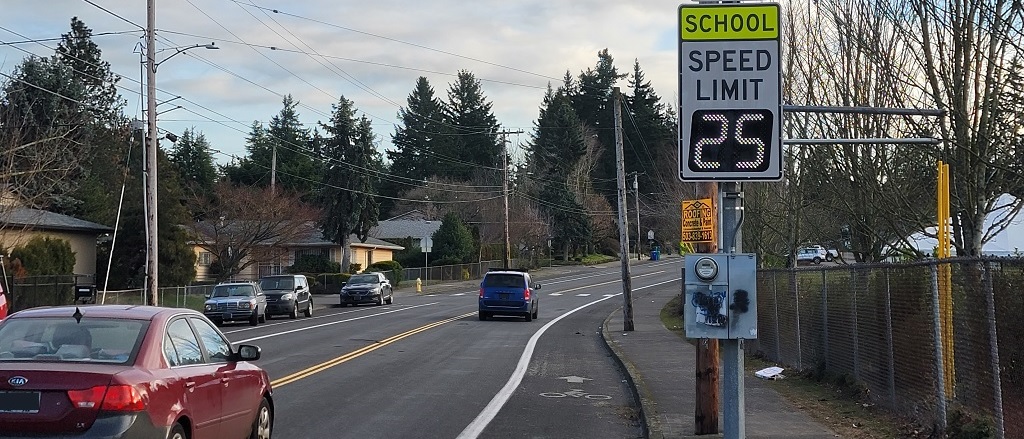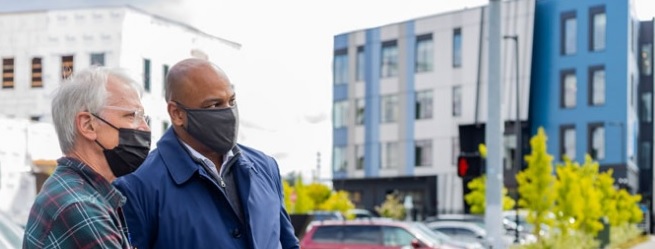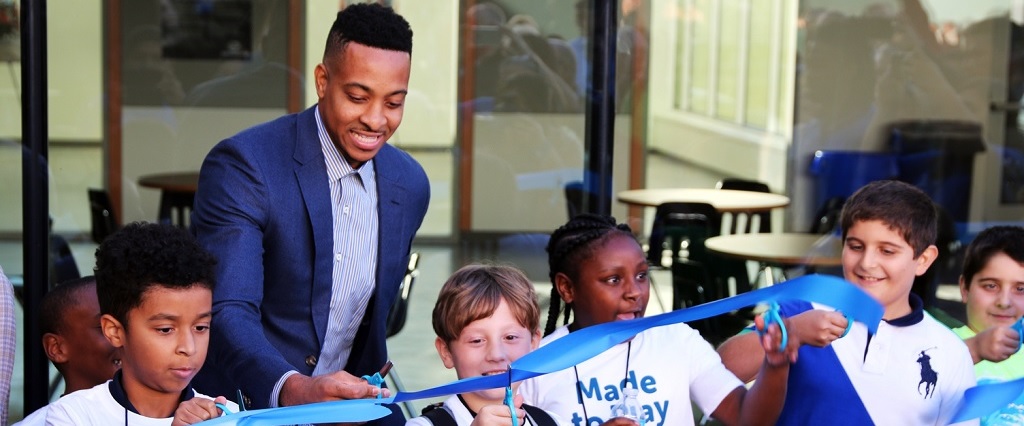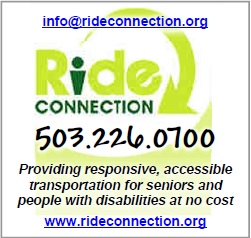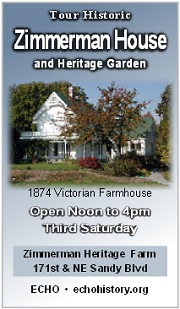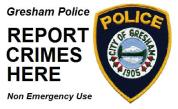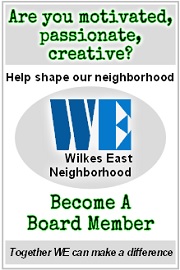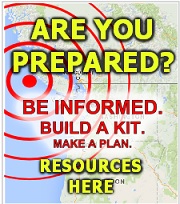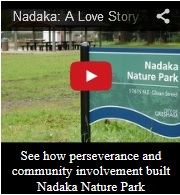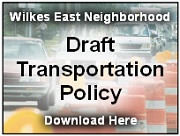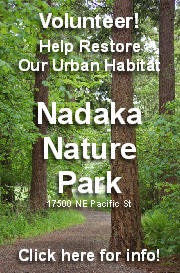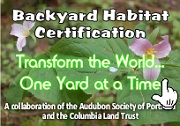How We Saved The CCACs
By Janet Unruh, Wilkes East neighbor
Council Citizen Advisory Committees (CCACs) play an important role in decisions that affect Gresham. These committees are made up of resident experts, interested community members, and a staff liaison to City government. According to the City of Gresham’s website, “City Council appoints residents to committees and boards to advise the Council on certain decisions and policy matters. Citizen advisory committee work stems from the City's Strategic Plan.” The CCACs include the following:
- Charter Review Committee (work completed)
- Community Development and Housing Subcommittee
- Community Enhancement Advisory Committee
- Design Commission
- Finance Committee
- Gresham Redevelopment Commission Advisory Committee
- Historic Resources Subcommittee
- Parks and Recreation Community Advisory Group
- Planning Commission
- Transportation Advisory Subcommittee
- Urban Forestry Subcommittee (UFS)
- Youth Advisory Council
My interest was in the Urban Forestry Subcommittee (UFS) because they are the stewards of the trees in Gresham. And so, it was stunning when in January 2023, City staffers met with all the CCACs including UFS, and asked us all to stop meeting for two to three months while the City restructured.
In the UFS meeting, they delivered that message and gave us no definite timeline for resumption or for interim communication. I felt that they were stonewalling the subcommittee, and when members expressed disbelief and frustration, the staffers responded that the City “heard us” and would be in touch.
One City staffer who spoke to us said, “We need a bit of time to clean, a bit of time to get the proverbial house in order, so we need to clean up the house a little bit. So, what we are wanting [sic] to do is work with the three of you [the remaining UFS committee members] and ask for some time to pause. So, we’re thinking 2 to 3 months.” See the meeting recording: https://tinyurl.com/sfy3a3cm, Passcode: D&A=%%5t. To hear this part, begin at 07:37 on the timeline. The entire meeting is worth watching in my opinion – it was a very emotional meeting.
Their message came across to me as disingenuous. If we were going to be on hold for an indefinite amount of time, the momentum would be lost and the remaining members might drift away. But because there were projects in process, grant money was coming in, and because UFS members were dedicated to the work, they refused to stop meeting.
To read more, see www.greshamtrees.org
A brief history of UFS
For those of you who aren’t familiar with UFS, it began in 1990 as the Tree Preservation Council Advisory Committee. In 2008, the Committee was renamed the Urban Forestry Subcommittee and was made up of City staff, tree professionals, and volunteers. UFS has written publications (for example, The Urban Forestry Management Plan at https://greshamoregon.gov/WorkArea/DownloadAsset.aspx?id=1375), worked with neighborhood groups, and planted many trees through the years in cooperation with Friends of Trees and during Arbor Month activities.
UFS has met regularly every month for 20-plus years.
UFS’ chief role is to advise the City, but the resulting work has to be done by the City. This includes such things as updating City documents like the tree code, following up on tree code violations, and ensuring that new real estate developments adhere to tree-related regulations. One of the reasons the City gave as to why they wanted to shut down the CCACs was the “opportunity to relieve staff liaison ongoing workload.”
Over the past few years, UFS members had become frustrated with a lack of cooperation from the City. Members dropped out, and as of now, only three members remain.
It seemed to me that the City stopped cooperating with all the CCACs around 2019 to 2022, and after members had quit and meetings began to be canceled, the City surveyed past and current CCAC members to ask their opinions of such things as whether their committee was effective. The results of the survey were mixed.
Despite being asked not to meet, UFS kept meeting. Two months passed. Three months passed. Four months passed. Then, on May 2, 2023, City staffers made a presentation to the Mayor and City Councilors based on survey results. We found out about it thanks to UFS’ chair, who attended the four o’clock meeting. The staffers recommended the dissolution of UFS and most of the other CCACs. Below are two slides from that presentation with my markups.
See https://gresham.granicus.com/MetaViewer.php?view_id=2&clip_id=964&meta_id=59623
Members of the community and I wrote letters to City Council and spoke at Council meetings to complain. The City didn’t respond to us.
The idea of transforming UFS to task forces was disturbing. Task forces can be effective, but my experience of task forces in corporations is that they are mostly window-dressing for public relations. Because of the treatment UFS had already received, I was inclined to think the worst. The “ad hoc” part of it also meant that the City would decide who would participate, and when, or even if, a project needed to be done.
